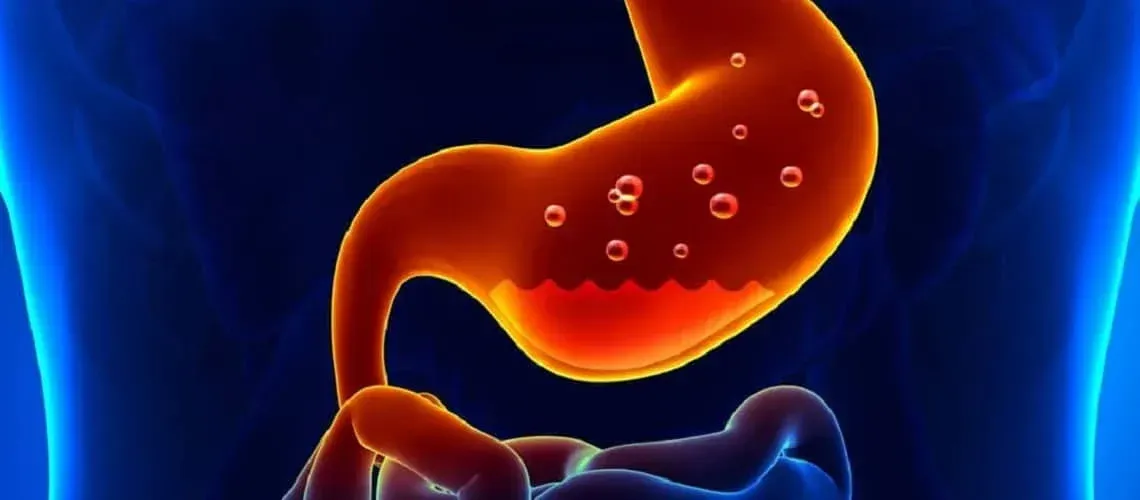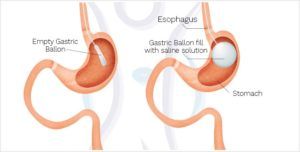Understanding Gastroparesis Symptoms: A Guide for Patients
Gastroparesis is a gastrointestinal disorder that affects the stomach's ability to empty properly, leading to a variety of symptoms. In this article, we will delve into the common symptoms of gastroparesis, providing insights for patients to recognize and manage their condition effectively. Understanding these symptoms is crucial for seeking timely medical intervention and improving quality of life.
What is Gastroparesis?
Gastroparesis is a condition characterized by delayed gastric emptying, resulting in symptoms such as nausea, vomiting, bloating, and early satiety. It can be caused by damage to the vagus nerve, diabetes, or certain medications, impacting the stomach's normal function.
Common Symptoms of Gastroparesis:
The symptoms of gastroparesis can vary from mild to severe and may include:
- Nausea and vomiting after eating
- Feeling full quickly while eating
- Bloating and abdominal discomfort
- Heartburn or gastroesophageal reflux
- Fluctuations in blood sugar levels
Impact on Digestive Health:
Gastroparesis can significantly impact digestive health, leading to nutritional deficiencies, dehydration, and poor quality of life. Patients may experience challenges in maintaining a balanced diet, managing blood sugar levels, and coping with the physical discomfort associated with the condition.
Seeking Care from a Gastroenterologist:
If you are experiencing symptoms of gastroparesis, it is essential to seek care from a gastroenterologist specializing in digestive disorders. A gastroenterologist can perform diagnostic tests, such as gastric emptying studies and endoscopy, to evaluate the severity of gastroparesis and tailor a treatment plan to address individual needs.
In conclusion, recognizing the symptoms of gastroparesis is the first step towards effective management and improved quality of life. By understanding the impact of this condition on digestive health and seeking care from a gastroenterologist, patients can receive the necessary support and guidance to navigate their gastroparesis journey successfully.
¡FREE LABS!
EVERY FRIDAY 8 AM - 9:30 AM
Or call us to make an appointment
No need to fast
No long waits
inmediate exam results
Lipid panel • Liver function test • Glucose levels to screen for diabetes • Body mass index • Hemoglobin measurement to rule out anemia • Blood pressure • Glycosylated hemoglobin to monitor and confirm diabetes • Electrocardiogram • Ultrasound to detect liver fibrosis • Dietetic education










